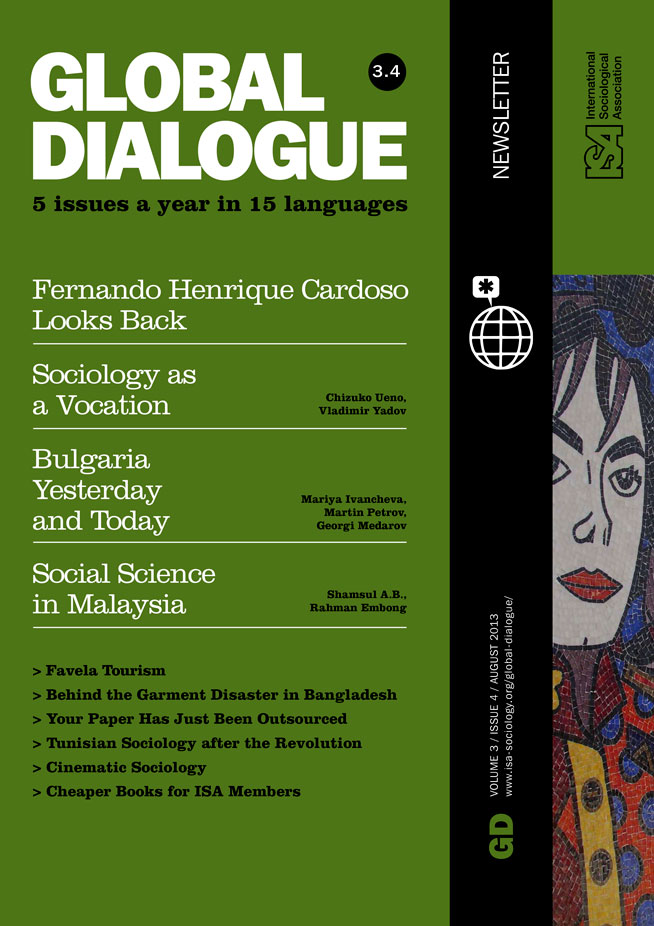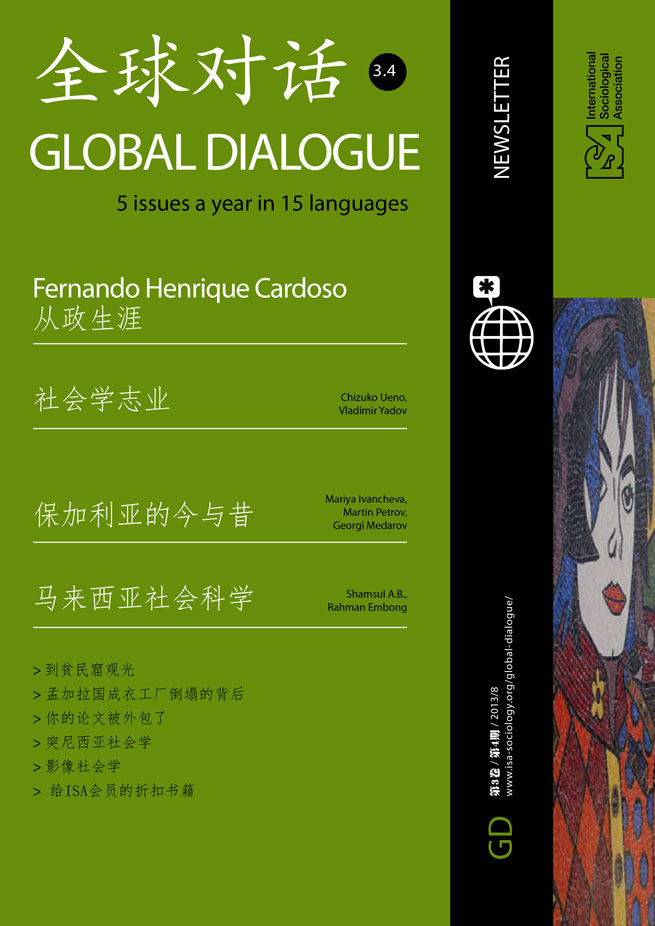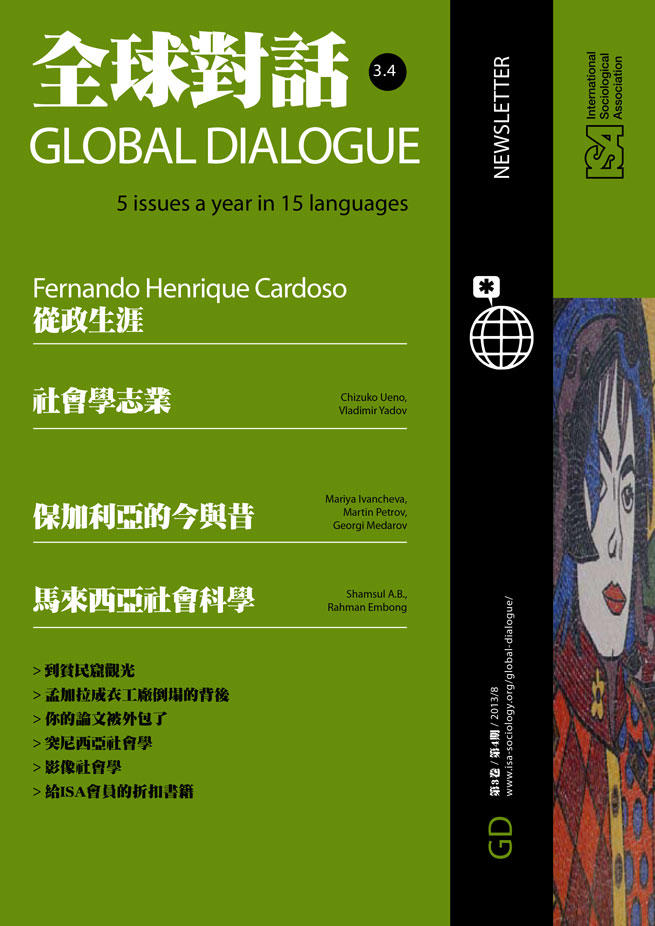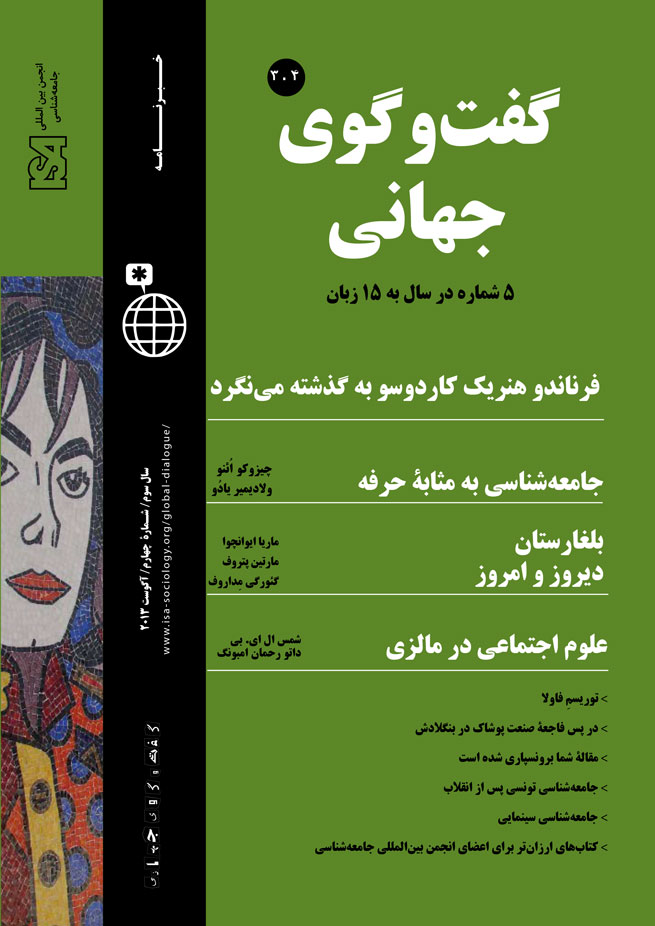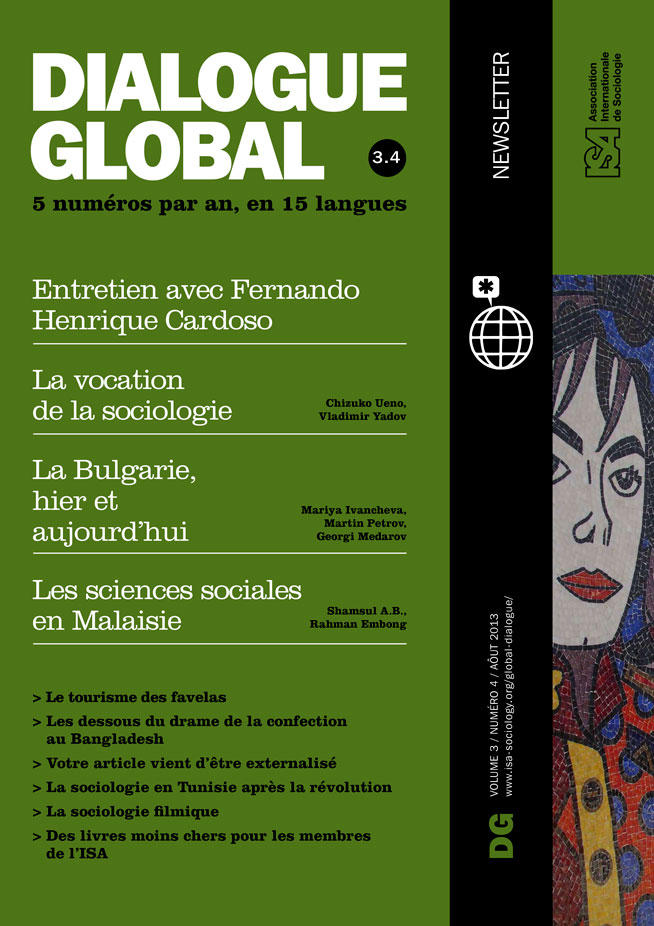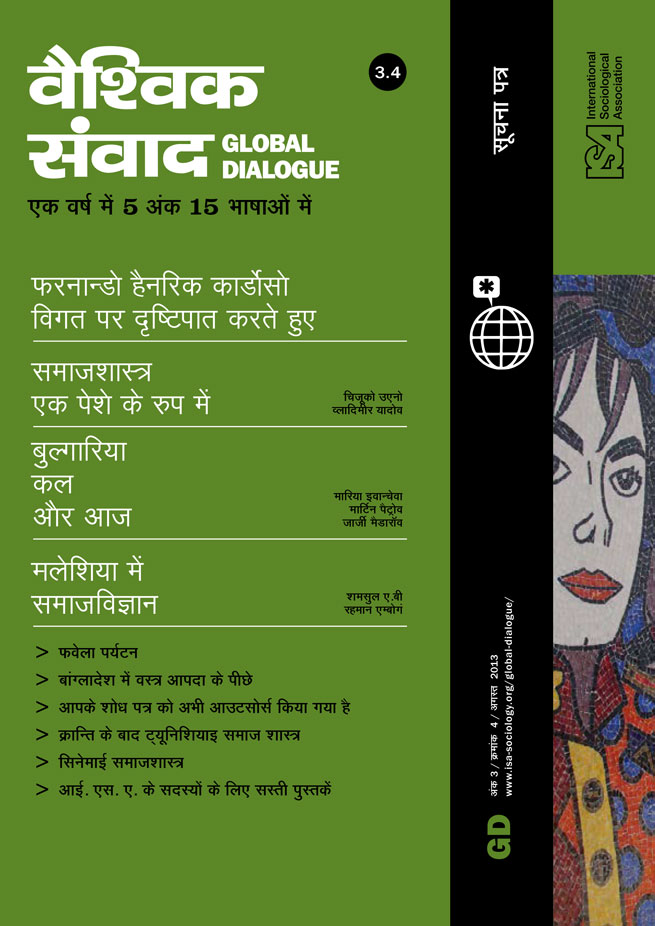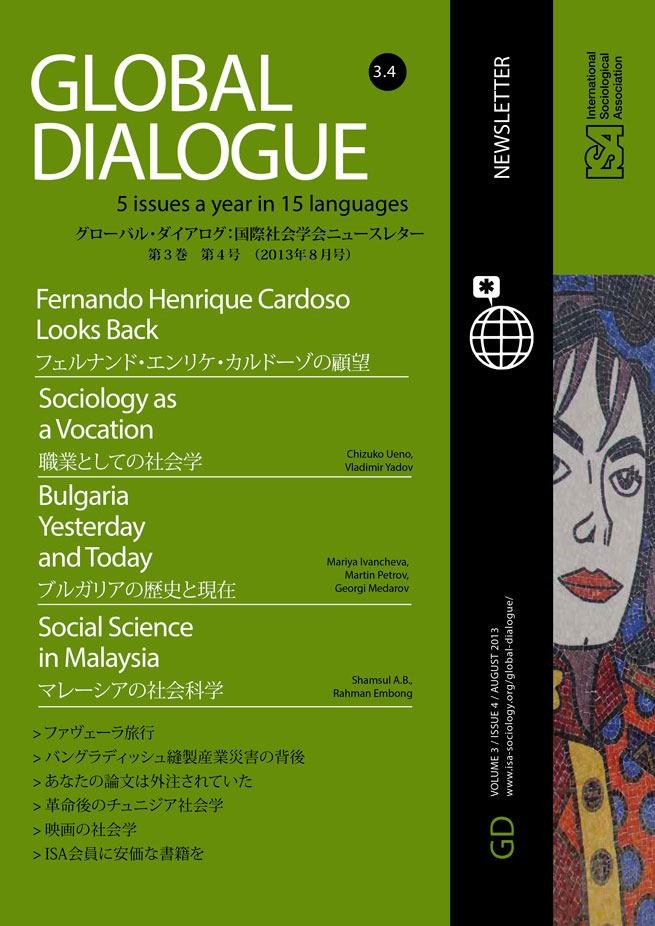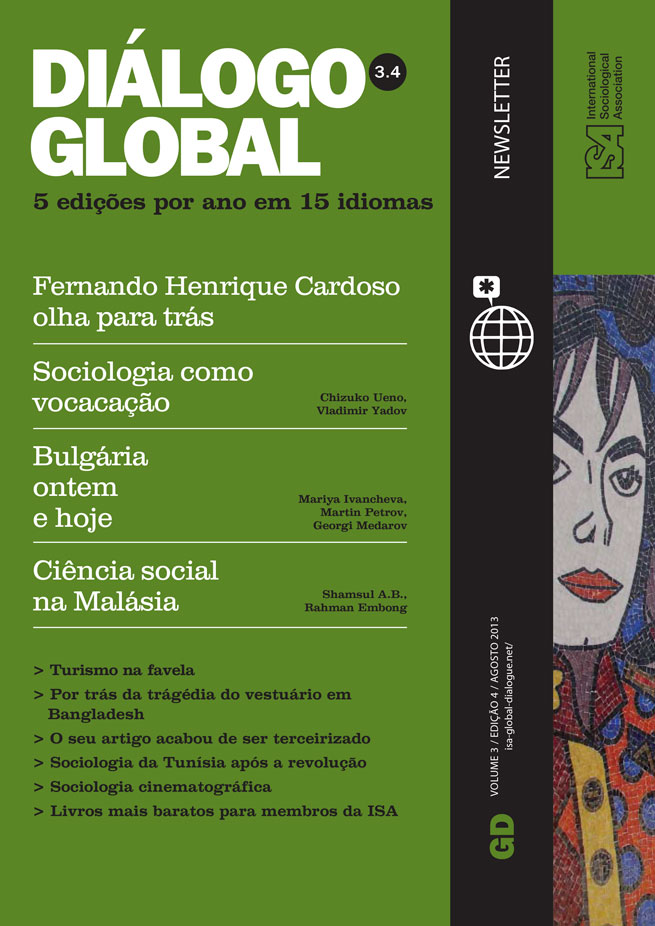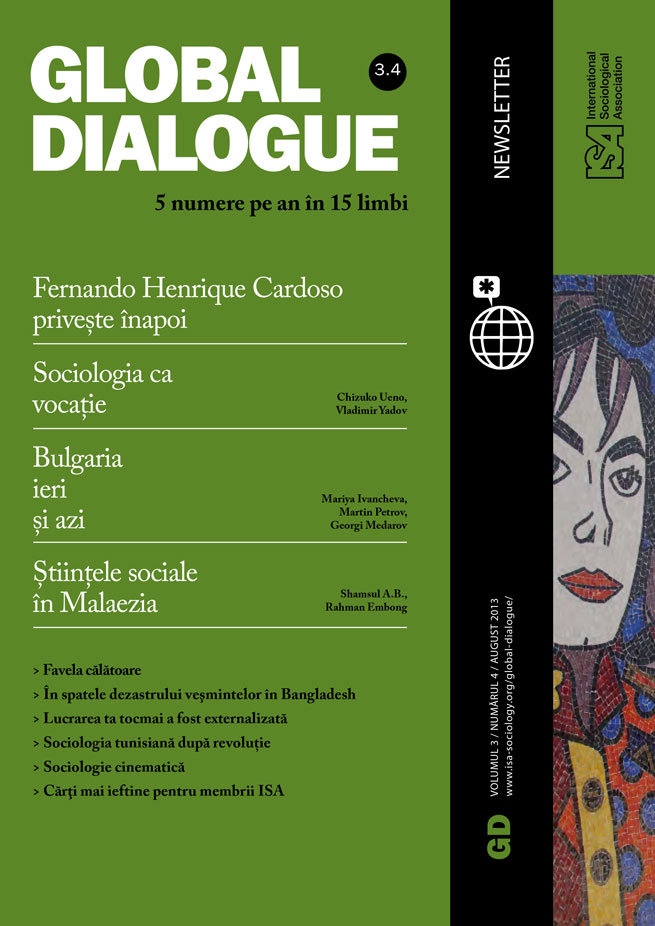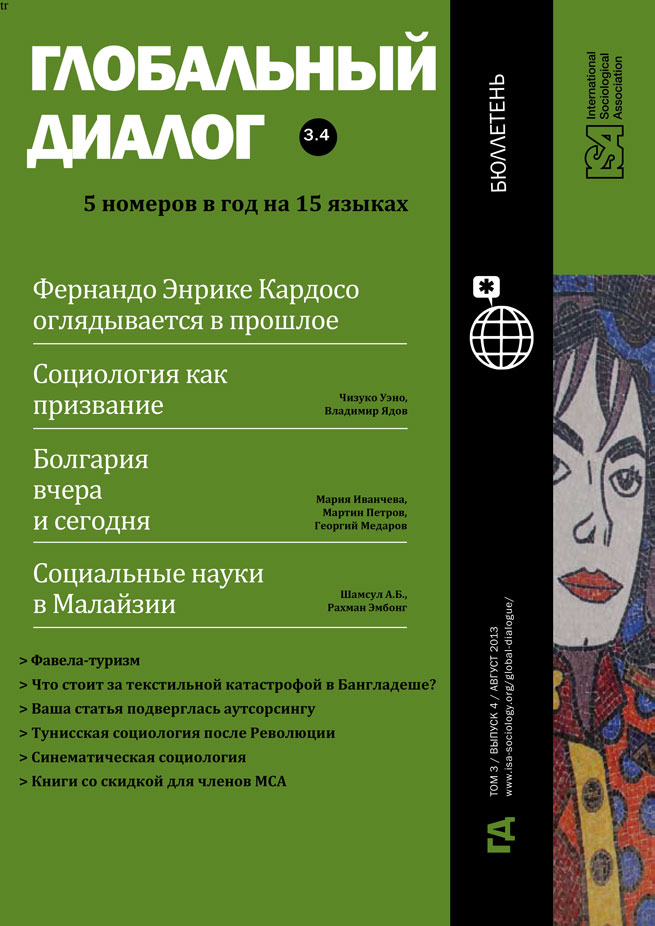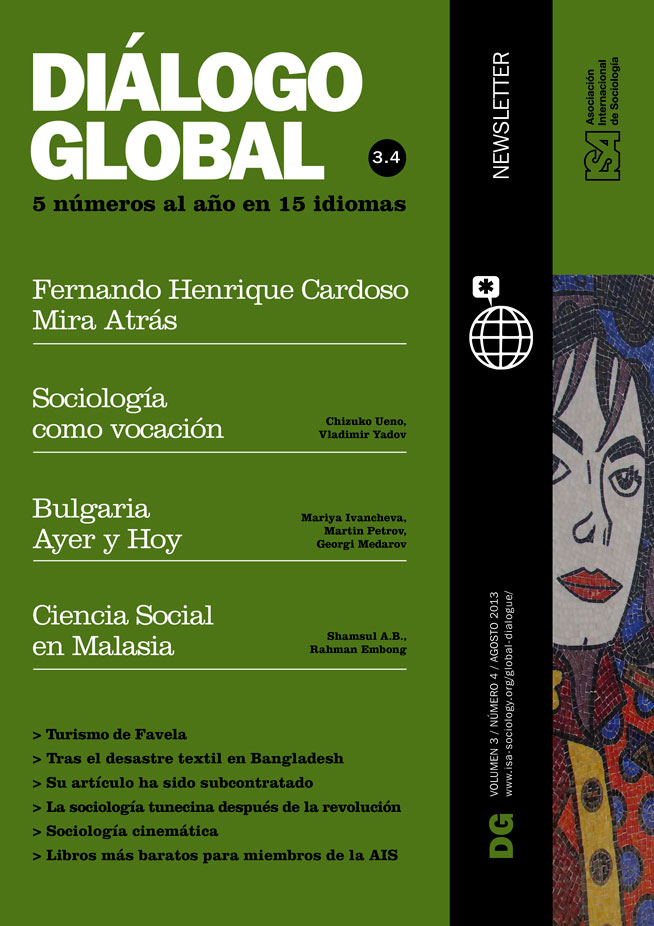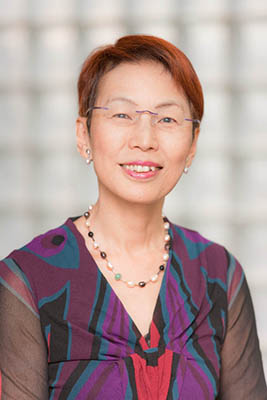Read more about Sociology as a Vocation

Sociologist as Life Destiny
by Vladimir Yadov
August 17, 2013
Chizuko Ueno, a leading Japanese sociologist, feminist critic, and public intellectual, has been a pioneer in women’s studies and the author of many books, including Patriarchy and Capitalism (1990), The Rise and Fall of the Japanese Modern Family (1994, English translation 2004), Nationalism and Gender (1989, English translation 2009), The Erotic Apparatus (1989), The Politics of Difference (2002), A Thought for Survival (2009), Misogyny in Japan (2010), Sociology of Care (2011). She has a long involvement with feminist activism and today she is President of the prominent non-profit organization Women’s Action Network (http://wan.or.jp/). See her address entitled “Forty Years of Japanese Feminism,” http://worldwide-wan.blogspot.jp/ where she draws up the balance sheet of losses and gains for Japanese women over the last 40 years.
Sociologist is a convenient term of self-identification. In the name of sociology, I can consider any of my everyday activities as a subject for research, from reading comics to overhearing passengers on the bus. As a sociologist, I have developed a deep skepticism toward the society I live in. I can’t tell whether it is my skeptical disposition that shapes me as a sociologist, or the sociological training that has made me skeptical. All I know is that the sociological habitus leads one to look around for what is wrong, insane, stupid, strange, unreasonable. In return, people often think sociologists are insane, stupid, and strange. This habit prepared me well for gender studies, because the gendered world is full of insanity, stupidity, strangeness, and irrationality. In my young days, I remember saying, “What is considered as un-common sense today will turn to be common sense tomorrow!” In many ways, my prediction turned out to be true, as far as gender is concerned.
Some 40 years ago, when I was a university student in the 1970s, the academic community was still a man’s world in which women were out of place. Men and women joined together in the student movement but it turned out to be a serious disappointment for women. Student activism was a boys’ game but not a girls’. Male comrades in the front line were as sexist as the conservatives.
After the collapse of the student activism, I went to graduate school in sociology, but only as a moratorium from the real world without any academic aspiration. There I encountered women’s studies that had just been introduced from the USA. It was an eye-opening experience, and I learned that it was perfectly all right to study myself. I was struggling with the question of who I was, in which being a woman was a central issue. It was my luck that I was not the only one to think that way.
I take a pride in pioneering women’s studies in Japan, since it did not exist prior to us. Women’s studies scholars of my generation are all self-made. We formed a study group, learned from each other, published periodicals, and tried to reach out to our readers. As a young sociologist, who was bored with the existing sociology, I first came across my own research topic on gender and sexuality, with which I could deeply be involved, and on which I could barely write without emotional feeling of anger.
Women’s studies in Japan were born and grew outside of academia. At the beginning we did not expect to get a teaching position, research funds, subscriptions to the authorized academic journals, so that we created everything in our field. Women’s studies were not recognized as a serious academic discipline. But within ten years, that is, in the 80s, some academic journals started to cite from our periodicals. In twenty years, in the 90s, I was offered a teaching position in gender and generation studies at the University of Tokyo, supposedly Japan’s most prestigious university. There students in my class freely choose such research topics as the representation of women in girls’ comics, gay and lesbian communities, the discursive structure of a website for single mothers, and the history of masturbation. Following such themes, they feel free to write their dissertations for B.A., M.A., and even Ph.D., although it must be said their future academic career is not guaranteed.
Sociology helped me to develop women’s studies. Borrowing a word from Gayatri Spivak’s postcolonial writing, it was like “fighting with the tool from your enemy.” As an author of Patriarchy and Capitalism (1990), I succeeded in persuading a male readership that there was something amiss in their relations to women. One of my readers said to me, “After reading your book, I came to realize what my wife has been complaining about.” To the contrary, what he should have done first was to listen to his wife. But in order to have them understand their own problems, we had no other way than to use the hegemonic language. It is similar to the postcolonial situation, when we use English to survive in the academic community, where globalization means anglophonic centrism. Accordingly, I became bilingual, both English and Japanese, male and female languages, academic and everyday language, standard and local languages and so on. A place of sociologist has to be in-between, so that Karl Mannheim’s theory of marginal man (woman) is still valid.
Women’s studies served as a functional equivalent to women’s activism in the academic community. A question was followed soon after by the institutionalization of women’s studies. We were responsible for that but with what results? Has the challenge of women’s studies changed what were male-centered disciplines? Or have women’s studies adjusted themselves to the existing disciplines through their institutionalization? The question is similar to women’s participation in the military. Does women’s participation change the military, or is it that women are militarized through their participation? Which comes first? Sad to say, history tells us the latter comes first, that the institution is able to absorb its dissidents.
We are still struggling against basic principles of academic disciplines such as objectivity, neutrality, testability, and refutability. But, without any value judgment, how can we find an appropriate research topic? Without any value commitment, how can we make a claim for something to be wrong? Without any hope for a future society, how can we manage to continue such a painstaking research endeavor, from which we expect so little reward?
Reaching the age of retirement as an emeritus professor, I can only say I am glad to be a sociologist, as sociology has become a part of myself.
Chizuko Ueno, University of Tokyo, Japan
This issue is not available yet in this language.
Request to be notified when the issue is available in your language.
If you prefer, you can access previous issues available in your language:

